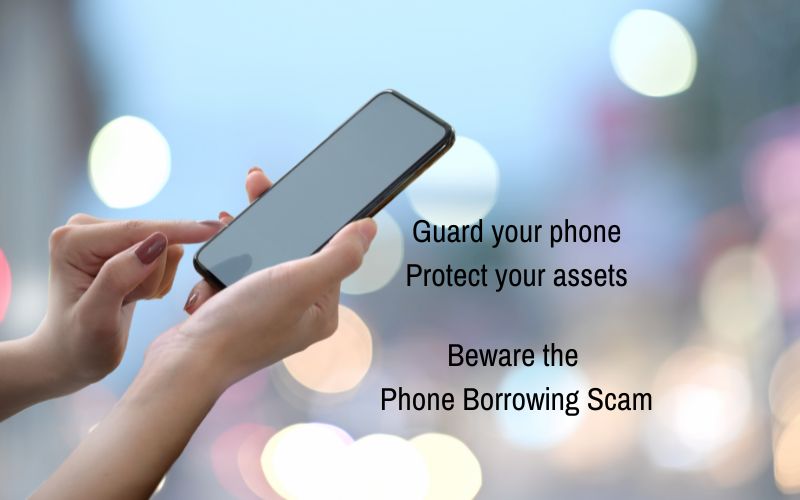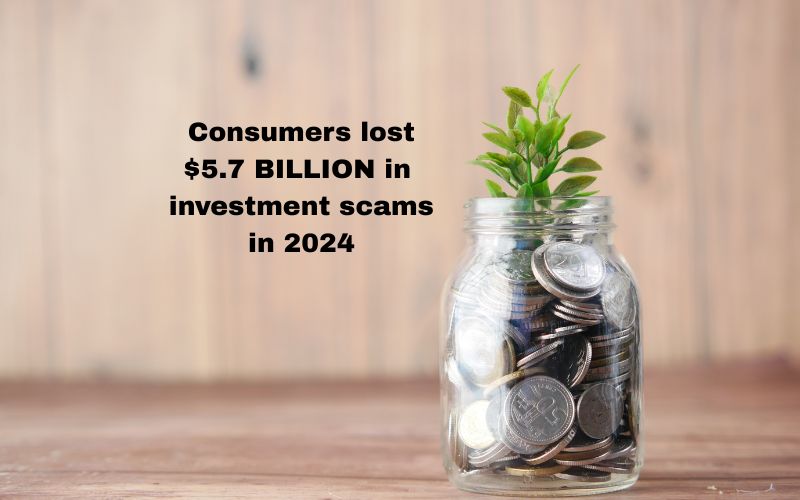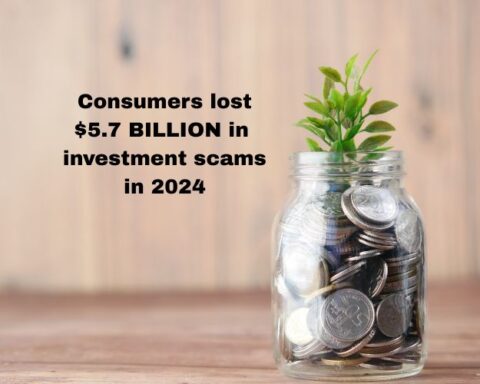A moment of kindness turns into thousands of dollars lost after phone borrowing scam; Scammers fake emergencies and exploit Good Samaritans to gain access to payment apps; original article; Liza Lucas, published March 27, 2025
ATLANTA — A moment of goodwill turned into a financial nightmare for one Atlanta woman, who thought she was helping someone in need, only to find herself a victim of a scam.
Chandler Rogers told 11Alive News Investigates she was approached by a man claiming he had left his phone in an Uber and alleged he was stranded without a way to contact his friends. He asked if he could borrow her phone to text them. Wanting to help, Rogers acquiesced.
“I gave it to him,” Rogers recalled. “And he was using the phone and acting like he was texting the address… so I thought.”
It wasn’t what she thought it was
What Rogers later learned was that the man had instead accessed her Venmo and Cash App accounts, transferring money from both before deleting the apps. Rogers presumed he was trying to eliminate any trail of the theft.
“I didn’t realize it until the next day,” she said. “I went to try and pay a bill and realized everything was gone.”
According to a police report, the man used Rogers’ phone to steal a total of $6,696.32 from her accounts — transferring $4,665 from Venmo and $2,031.32 from Cash App.
Nationwide Alert Warranted
It’s a scam that has police departments from California to New York urging vigilance. The American Bankers Association and Microsoft have also cautioned against the ongoing phone borrowing scams.
“A phone borrowing scam typically happens in a public place, such as streets, cafés, or transportation hubs, where the scammer appears to be in a predicament, like having a dead battery or a lost phone,” Microsoft noted online. “The scammer’s goal is to gain temporary control over your phone to commit fraud.”
“I didn’t have any protections on those apps,” Rogers said. “As soon as I handed my phone over, he was able to get into whatever he wanted.”
What you need to know
While the scammer in Rogers’ case targeted the peer-to-peer payment apps, the risk isn’t just limited to financial loss; according to Microsoft, scammers can also try to gain access to personal information through apps and emails. Criminals can even try to sway your phone’s SIM card, which can allow a bad actor to redirect your messages and private data.
Experts reiterate that to prevent falling victim to these types of scams, people should never allow strangers to borrow their phones and instead, offer to make a call for someone in distress. There are also steps that can be taken to protect financial information, especially when using peer-to-peer payment apps like Venmo and Cash App.
“Turn on multifactor authentication,” said Taelore Hicks with the Better Business Bureau. “Set up a PIN code.”
Hicks noted users can easily go in their settings to ensure extra authentication and security measures are turned on. Some platforms, she said, even let customers set up email notifications to alert of suspicious activity and such protections can be critical should a scammer still gain access to your account.
Protect yourself
“If you don’t set up these layers of protection, and you do fall victim to a scam such as this, it’s really difficult to work with customer service and get your money back,” Hicks noted.
Rogers was ultimately able to recover some of her stolen funds, with Venmo and her bank providing reimbursements. But Cash App, she said, denied her claim. When 11Alive News Investigates asked for a statement, a Cash App spokesperson declined to provide specifics, citing patient privacy, while referring 11Alive to its company policy on scams.
Within that policy, 11Alive discovered customers may be eligible for reimbursement “For confirmed impostor and deception scams reported within 60 days of the payment’ within certain terms.”
It’s not clear if the theft of Rogers’ money falls within those terms, though she did report the incident within that timeline. Emails Rogers shared with 11Alive further revealed Cash App’s stance, repeating in part: “Based on the information available, it appears the funds were dispensed properly, and no error occurred with this transaction.”
While Rogers was unable to recover the funds taken through Cash App, she’s now thinking twice about how she’d help a stranger in the future. She hopes sharing her story will urge vigilance among others as well:
“Now I’m like, ok maybe I would just stay with my phone and be like, ‘Who can I text for you? Who can I call?’ And just never hand your phone away,” Rogers said.








